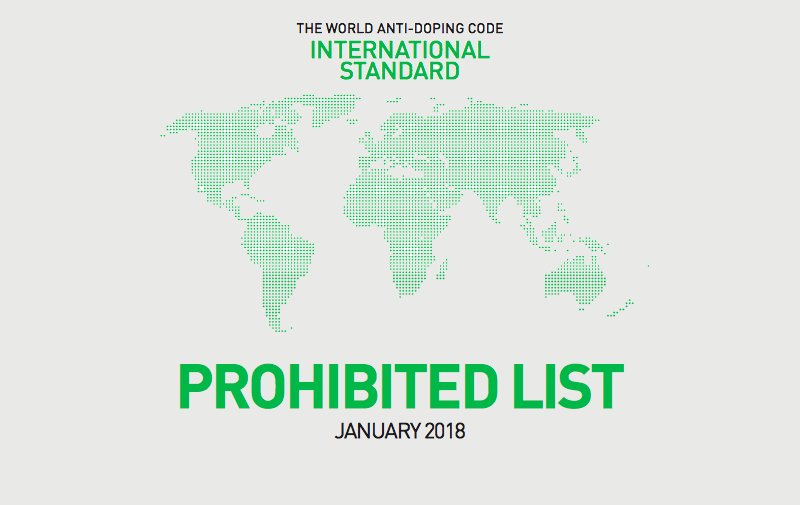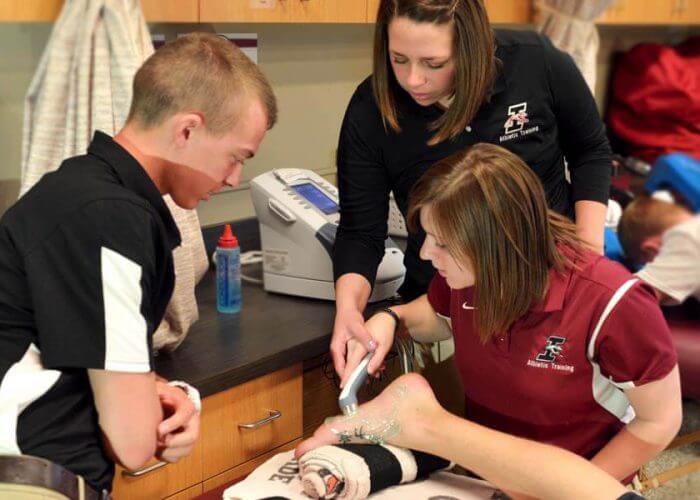Rolling the Dice with Supplements

By Emily Thirion, Swimming World College Intern.
Every swimmer is constantly seeking to gain an edge over their competitor. You wake up every morning and grind in the pool, crush it in strength and conditioning, try your best to eat clean and get plenty of sleep. In your quest for growth, your trainer or nutritionist might bring up the topic of supplements.
Many collegiate and professional programs turn to supplements to give their athletes an extra boost of energy, or to help ward off illness that comes with taxing your body every day. Some use them to aid in recovery or even to make up for a less-than-stellar diet. There are many reasons why swimmers might choose to take supplements, but be forewarned – there can be a risk that comes alongside the reward.
Taking the Plunge

Photo Courtesy: University of Indianapolis
Many supplements purport to make their products specifically with top-notch athletes in mind, but just as many are unregulated, which could cause you to fail a USADA (United States Anti-Doping Agency) urine test if administered. Dietary supplements are allowed to go on the market without being pre-checked by the FDA. This sets a very low bar for what is accessible to athletes. Because some of these creations are not closely regulated, those who make supplements can take liberties with how they are claiming to affect performance.
Stringent Punishment

Photo Courtesy: Reagan Lunn/Georgia Tech Athletics
USA swimming, FINA, and the NCAA take anti-doping very seriously. Infractions from swimmers top down can result in some harsh repercussions. One of the most current examples came in July of this year, when national team member Madisyn Cox tested positive for a drug called trimetazidine, which energizes tissue. In turn, she was suspended for two years. As it turns out, her multivitamin tested positive for the impurity. Her suspension was reduced to six months. Both professional and collegiate swimmers get drug tested with regularity. Even vitamins that are marketed for athletes can raise a red flag.
Some Reminders

Photo Courtesy: Poby/Asphalt Green
Supplements aren’t leaving the market for the foreseeable future. That being said, as an athlete, it is important to know what you are putting into your body. Before you begin taking a supplement, be sure to talk to your nutritionist, dietician, or athletic trainer. Make sure that everything you are ingesting is documented. Anti-doping agencies will not accept ignorance as an excuse.
As a swimmer, you are responsible for what goes into your body, so explanations of not knowing that you are doping are met with a healthy dose of skepticism by anti-doping governing bodies. The most important thing to remember is that you can’t use supplements as the only stepping stone on the road to success. Supplements aren’t going to cover up for minimal effort at practice or in the gym, and they don’t sharpen your mental toughness. In the end, if you test positive for a banned substance, you can blame supplement makers or poor regulation standards, but the anti-doping agency isn’t going to accept that as an excuse.
Resources for Swimmers

Photo Courtesy: Taylor Brien
If you would like to check out the banned substance lists or learn more about anti-doping regulations, use the resources listed below.
USA Swimming’s Doping Control – This website provides a list of resources for athletes, coaches, parents, and support staff about the expectations of drug-free sport.
NSF Certified for Sport – This is an organization that helps to test supplements for impurities. They make it easy to see what the label on the bottle is telling you is in the product.
Global DRO – This allows athletes to determine the status of drugs and supplements in accordance with what is prohibited by anti-doping agencies.
NCAA 2018-2019 Banned Substances– The NCAA updates their list of banned substances every year for students attending and competing with a college or university.
All commentaries are the opinion of the author and do not necessarily reflect the views of Swimming World Magazine nor its staff.



